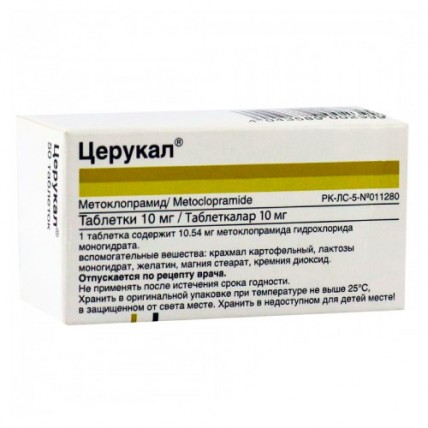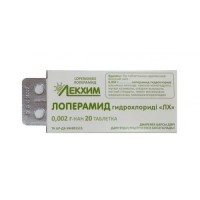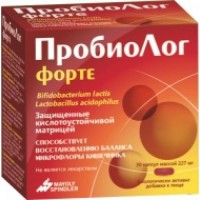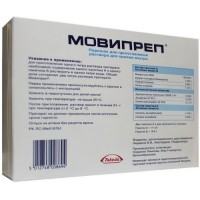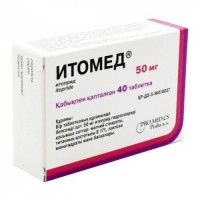Cerucal® (Metoclopramide) 10 mg, 50 tablets
- $12.00
Common/Other brand names: Reglan (USA), Clopra (India), Metoclopramid-Ratiopharm (Germany), Pramin (Australia), Maxolon (UK), Anausin (Mexico), Vomitrol (France), Digespar (Italy), Gastromax (Spain)
What is Cerucal® (Metoclopramide)?
Cerucal® is a medication used to treat gastrointestinal disorders.
It contains the active ingredient Metoclopramide, which works by stimulating the motility of the stomach and intestines, helping to prevent nausea and vomiting.
Each tablet of Cerucal® contains 10 mg of Metoclopramide.
It is commonly used in both adults and adolescents to manage symptoms of nausea and vomiting, including those associated with conditions like acute migraine, chemotherapy, and radiation therapy.
How does Cerucal® work?
Cerucal® (Metoclopramide) works by influencing the nervous system to improve gastrointestinal motility and reduce nausea and vomiting.
It acts primarily on dopamine receptors in the brain and the digestive system.
By blocking dopamine receptors in the chemoreceptor trigger zone (CTZ), a part of the brain responsible for controlling nausea and vomiting, Cerucal® helps prevent the signals that cause these symptoms.
In addition to its action in the brain, Cerucal® enhances the contractions of the muscles in the stomach and intestines, speeding up the movement of food through the digestive tract.
This prokinetic effect is particularly useful in preventing nausea and vomiting caused by conditions like gastroparesis, chemotherapy, or radiation therapy.
The faster emptying of the stomach can also help improve the absorption of other medications taken orally, making Cerucal® effective when used in combination with pain relievers during acute migraine attacks.
By reducing the likelihood of nausea and improving digestive movement, Cerucal® offers relief from gastrointestinal discomfort and supports better medication absorption in the treatment of other conditions.
What are the common uses of Cerucal®?
Cerucal® is widely used in different scenarios, including:
- Prevention of nausea and vomiting caused by radiation therapy.
- Symptomatic treatment of nausea and vomiting, including those related to acute migraine. In cases of migraines, Cerucal® is often used with oral pain relievers to enhance their absorption.
- Prevention of delayed nausea and vomiting in adolescents aged 15–18 years undergoing chemotherapy.
How should you take Cerucal®?
For adults, the recommended dose is 10 mg, taken up to three times a day. The maximum daily dose is 30 mg or 0.5 mg per kg of body weight. The duration of treatment should not exceed 5 days to minimize the risk of side effects.
For adolescents (15–18 years) weighing over 61 kg, the same dosage applies — one 10 mg tablet up to three times daily. It is important to maintain a minimum of 6 hours between doses, even if vomiting occurs.
What precautions should you take when using Cerucal®?
Certain conditions may require extra caution when using Cerucal®, including:
- Neurological disorders: Cerucal® may cause extrapyramidal symptoms, particularly in young adults and children. These symptoms, such as involuntary muscle movements, usually occur at the beginning of treatment and may require immediate discontinuation of the medication.
- Long-term use: Prolonged use can lead to tardive dyskinesia, especially in elderly patients. Treatment should not exceed three months, and the medication should be stopped if symptoms of tardive dyskinesia appear.
- Heart conditions: There have been reports of cardiovascular issues, including bradycardia and arrhythmias, particularly when the drug is administered via injection.
Are there any interactions with other medications?
Cerucal® can interact with several other drugs:
- Levodopa and dopamine agonists: These drugs should not be used with Cerucal®, as they counteract each other’s effects.
- Alcohol: The sedative effects of alcohol may be enhanced when taken with Cerucal®, leading to increased drowsiness.
- Certain medications: Cerucal® can alter the absorption of drugs such as digoxin and cyclosporine, making monitoring essential when used together.
What are the possible side effects of Cerucal®?
Common side effects of Cerucal® include:
- Drowsiness and fatigue.
- Extrapyramidal symptoms such as tremors, muscle stiffness, and difficulty controlling movements, especially in children and young adults.
- Diarrhea.
- Hormonal disturbances, such as irregular menstruation or breast enlargement (gynecomastia), may occur with prolonged use.
Rare but serious side effects include:
- Methemoglobinemia, a condition that affects the blood’s ability to carry oxygen, particularly in infants and those with certain enzyme deficiencies.
- Severe allergic reactions (anaphylaxis), particularly following intravenous administration.
How should Cerucal® be stored?
Cerucal® should be stored in its original packaging at a temperature no higher than 25°C (77°F), protected from light and kept out of reach of children.
It has a shelf life of 5 years, and it should not be used beyond its expiration date.
